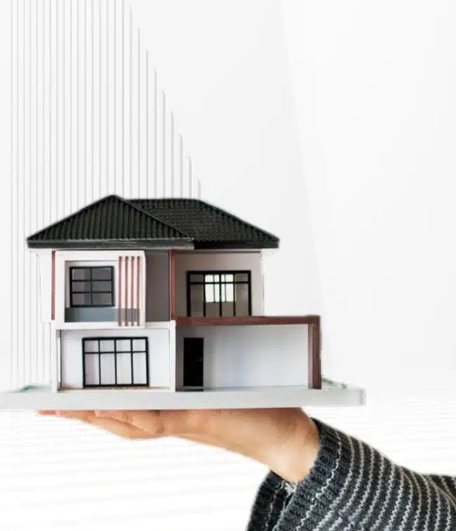If you’re thinking about buying a home, it’s important to look beyond the price tag and understand all the hidden costs that come with homeownership. Being aware of these expenses will help you budget effectively and avoid financial surprises down the road. Here are three essential tips to help you uncover the true cost of owning a home.
1. Understand the Initial Expenses
Before purchasing a home, it’s crucial to research and account for all the initial costs that come with the purchase. These upfront expenses can add up quickly, and knowing what to expect can prevent any financial surprises.
Start with the down payment, which is often a percentage of the home’s purchase price. Then, factor in closing costs, including expenses like appraisal fees, attorney fees, and title insurance. Don’t forget to budget for moving costs, such as hiring movers or renting a truck. Home inspections and appraisals are also important costs that should be considered before making an offer.
Lastly, plan for any repairs or renovations needed to make the home move-in ready. Having a clear picture of these initial expenses will help you make a more informed decision and avoid stress later on.
2. Plan for Ongoing Maintenance Costs
Owning a home involves more than just the initial purchase. You’ll need to prepare for ongoing maintenance costs that can accumulate over time. These are often overlooked, but they can make a significant impact on your budget.
Start by setting aside a specific amount each month for regular upkeep, such as lawn care, cleaning, and minor repairs. It’s also important to regularly inspect your home for maintenance issues like leaks, cracks, or worn-out fixtures that may require attention.
Take into account the age and condition of key systems in your home, such as HVAC, plumbing, and electrical systems. These systems have a lifespan, and knowing when they might need replacing or repairing will allow you to plan ahead and avoid unexpected expenses.
3. Prepare for Unexpected Expenses
Homeownership often comes with unexpected costs, so it’s essential to be prepared for emergencies. Having an emergency fund set aside for unforeseen expenses can make a big difference when the unexpected occurs.
Create a separate savings account for emergencies and try to set aside enough money to cover three to six months of living expenses. Whether it’s a major repair or an urgent financial need, an emergency fund will ensure that you can handle these surprises without derailing your financial stability.
Conclusion
When it comes to buying a home, doing your homework on initial expenses, planning for ongoing maintenance, and budgeting for unexpected costs are key to being financially prepared. By understanding and preparing for these hidden costs, you’ll be ready for the responsibilities of homeownership and ensure that you don’t face any financial strain in the future.



